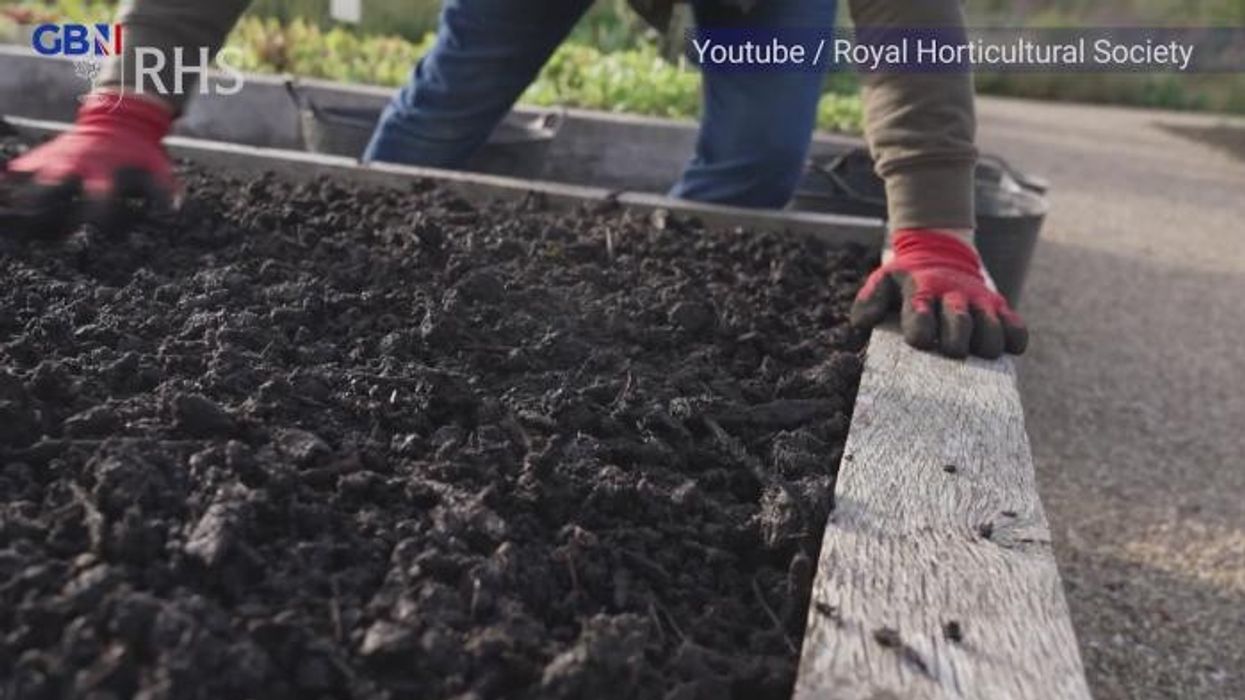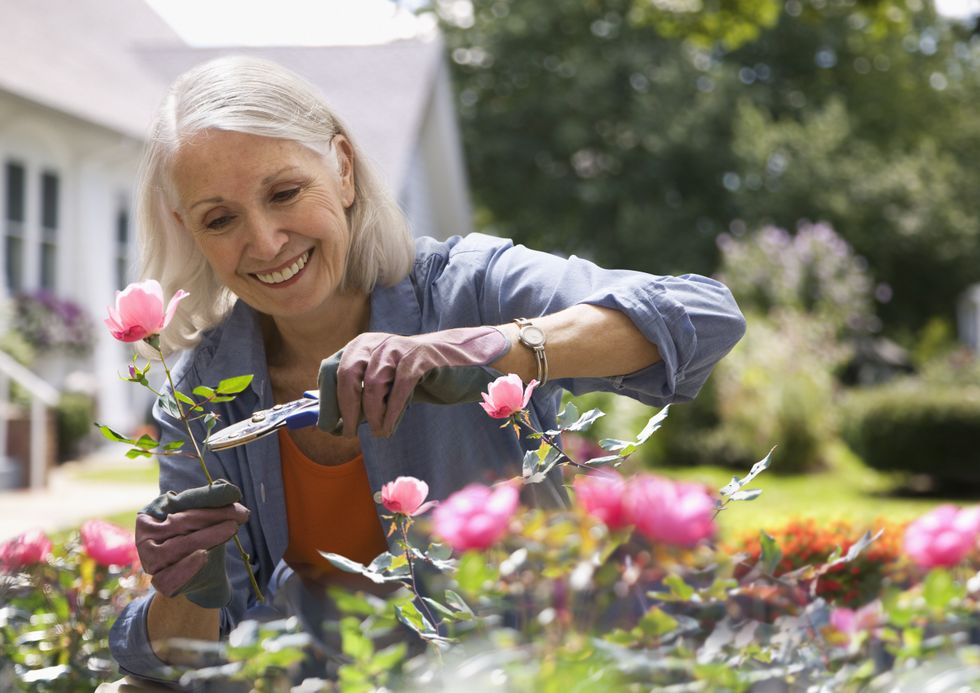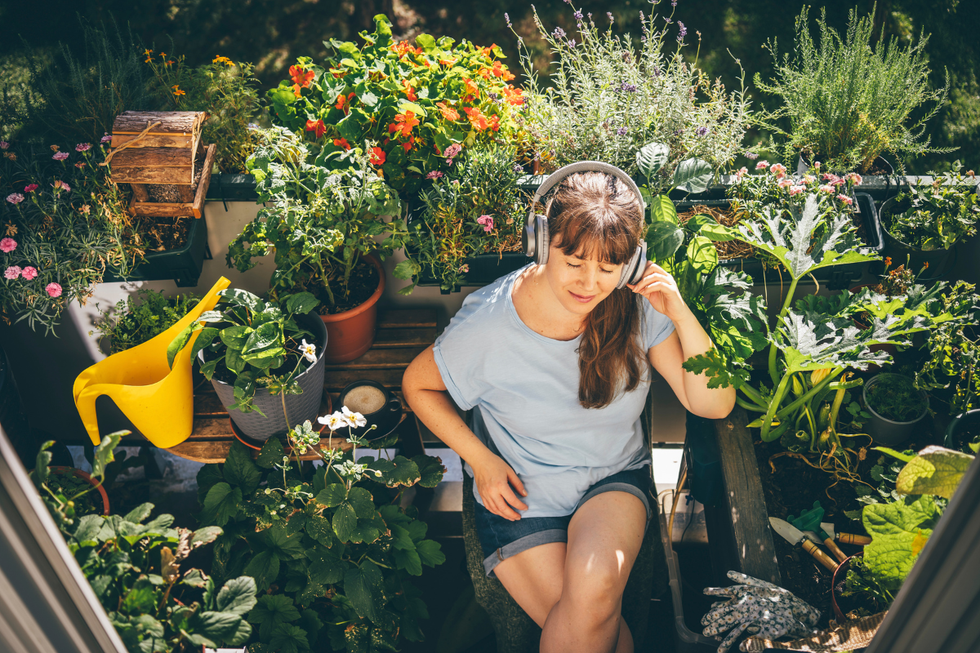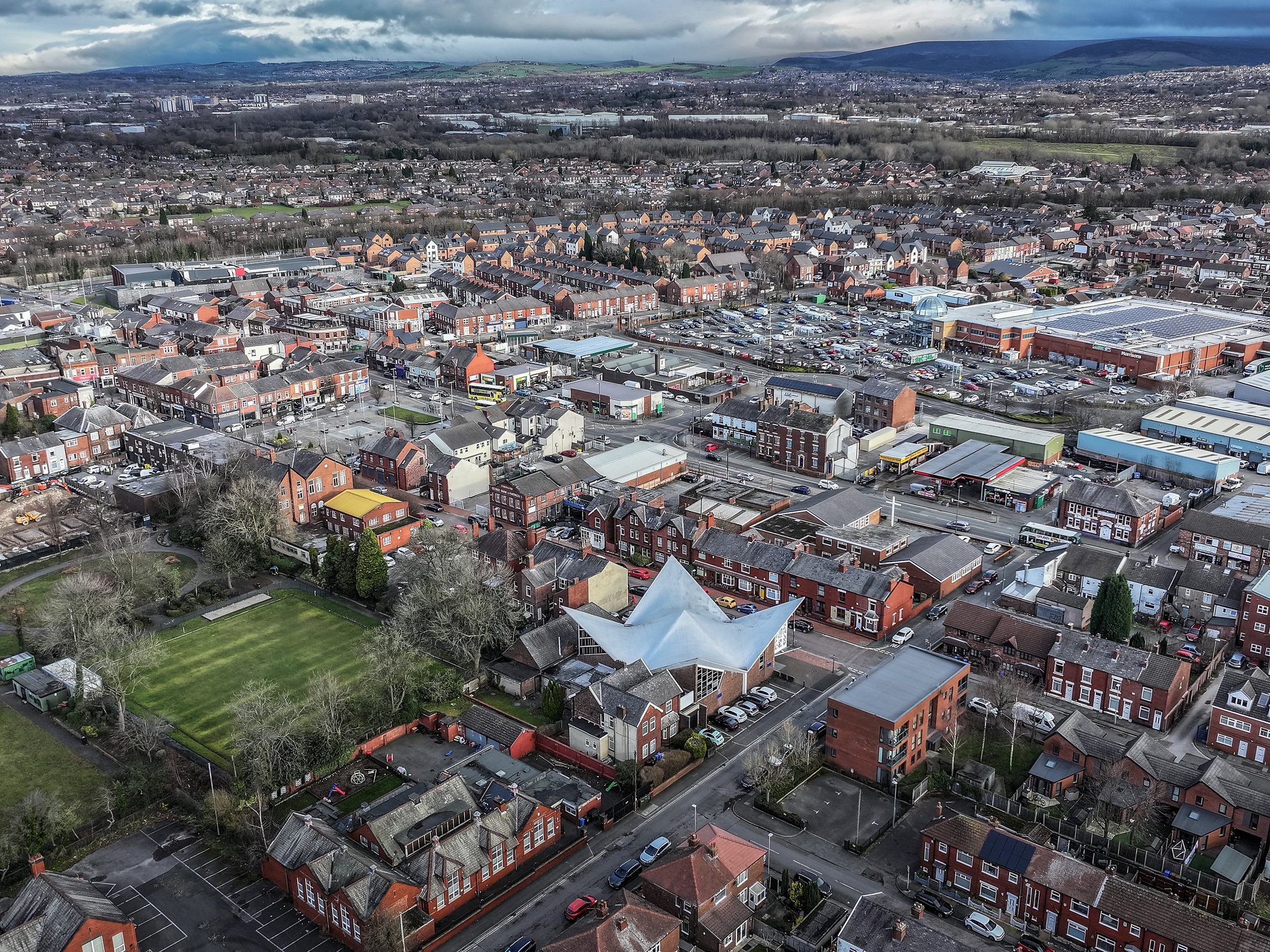Gardener debunks age-old myth said to help plants grow - 'Don't expect your daisies to start dancing!'

WATCH NOW: The Royal Horticultural Society shares their top gardening tips and tricks for the summer
|RHS
The scientific evidence is 'far from settled', a gardening expert told GB News
Don't Miss
Most Read
Latest
As we enter a summer of sunshine, it's unsurprising that many gardeners are becoming increasingly keen on ways to boost plant growth, even entertaining the idea that music could help them out.
But their whimsical hope has been cut short by a gardening expert, who challenges the widespread belief that playing songs to plants can stimulate growth.
"The idea that music can help plants grow is a popular one, but the science behind it is far from settled," The Pink Gardener told GB News.
The gardening expert explained that whilst some claim that playing music, particularly classical or gentle melodies, makes their flowers or houseplants thrive, there isn't strong scientific evidence to support the notion that plants favour any particular tunes.

The scientific evidence is 'far from settled', a gardening expert told GB News
|GETTY
"While it's a charming idea, the notion that plants have a favourite genre is more myth than reality," he said.
Luke explained that although a few studies have suggested sound vibrations might have a small effect on plant growth, possibly by stimulating movement in plant cells or affecting the way fluids move within the plant, other experiments have found little to no difference between plants exposed to music and those left in silence.
"The results are inconsistent, and most scientists agree that if music does anything, the effect is likely minor compared to more important factors like sunlight, water, soil quality, and proper care," he said.
The gardening specialist emphasised that any potential benefits pale in comparison to fundamental gardening practices that have proven effectiveness in promoting healthy plant growth.
LATEST GARDENING TIPS AND TRICKS
However, Justin Nielsen at Wolf River Electric offered a contrasting perspective, arguing that plants do respond to musical energy. " And music is, at its core, energy in motion," Justin explained to GB News.
Justin backed the idea that sound vibrations can influence plant behaviour, with music in certain frequencies potentially stimulating growth by mimicking natural vibrations found in wind or pollinators.
"Classical and ambient music tend to show the most positive effects in studies, likely due to their gentle rhythms and consistent wave patterns," he added.
Meanwhile, harsh or erratic sounds, like heavy metal or loud rock, can stress plants in the same way excessive wind or light can, signalling that consistency and frequency matter more than genre.
Despite the scientific debate, research suggests the practice is widespread among British gardeners. A survey by music licensing company PPL PRS, which studied 1,000 gardeners, found that 63 per cent play music to their plants.

Despite the scientific debate, research suggests the practice is widespread among British gardeners
|GETTY
PPL PRS's gardening expert Michael Perry, known as "Mr Plant Geek", supported the practice, saying: "Using sound to stimulate growth is an entirely natural phenomenon."
Michael concurred that research indicates that plants enjoy music, with houseplants benefiting from beats that mimic natural vibrations they would experience outdoors.
According to Michael, jazz and classical music are the best genres for plant growth stimulation. "Classical music is most effective on the growth of roses, while chrysanthemums thrive after just 30 minutes of play," he said.
He added that plants outdoors benefit from bees drawn to high-frequency sounds in music, as these pollinators play a pivotal role in plant reproduction.
Despite the conflicting views on music's effectiveness, Luke settled on a pragmatic stance, declaring: "Playing music for your plants won't hurt them, and if it makes you happy while you garden, that's a good enough reason to do it."
However, he cautioned gardeners against expecting miraculous results from musical interventions. "But if you're hoping for a dramatic boost in growth or blooms, it's best to focus on tried-and-true gardening basics," Luke advised.
The gardening specialist concluded with a memorable warning for enthusiastic gardeners, adding: "If it makes you happy, play away but don't expect your daisies to start dancing!"










